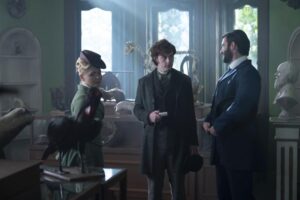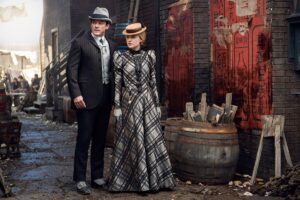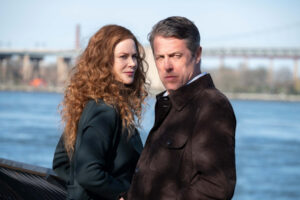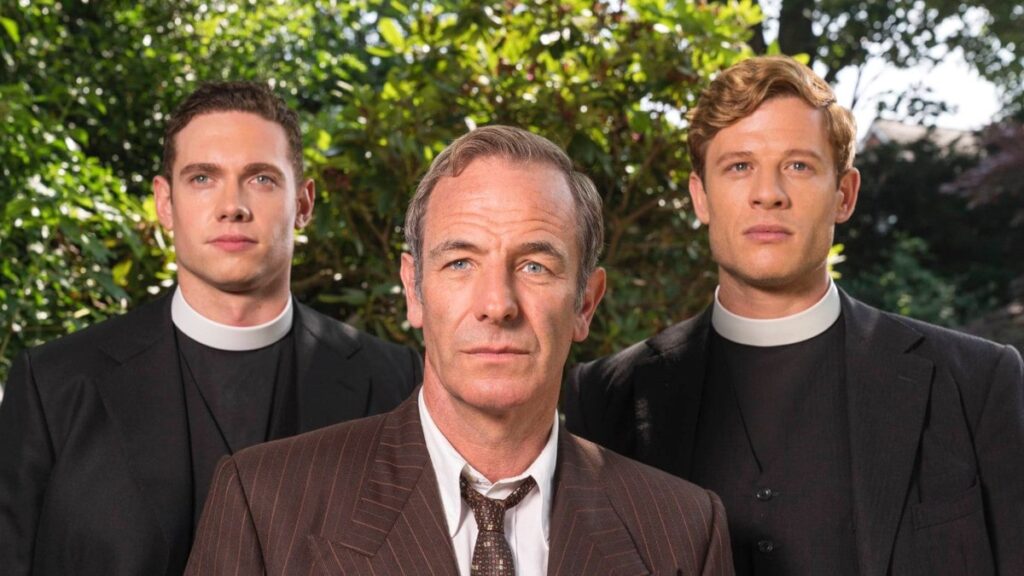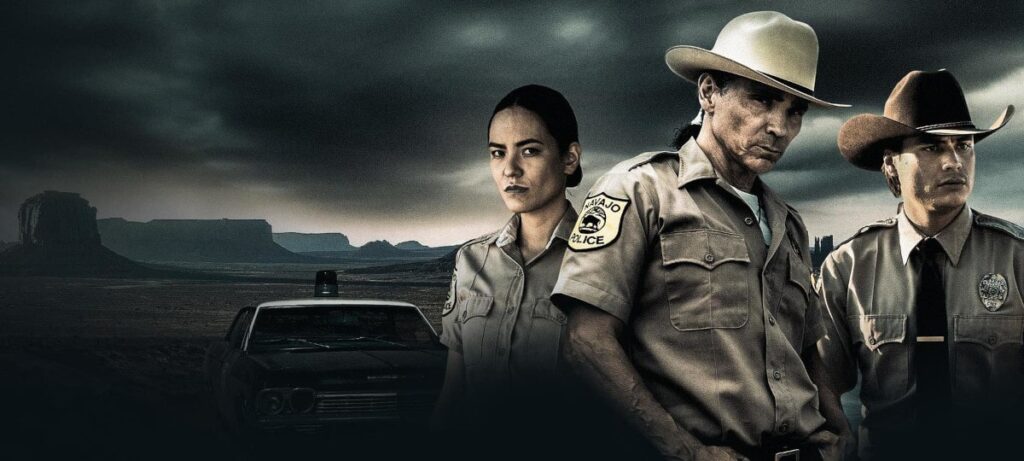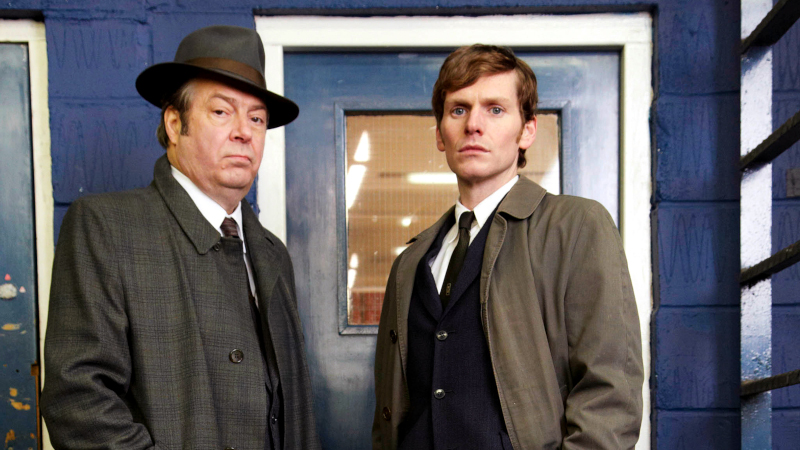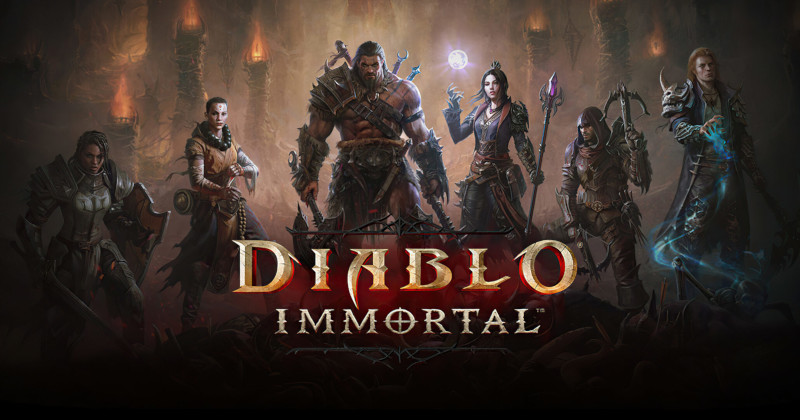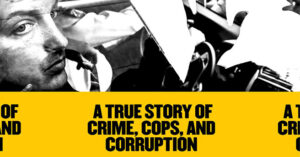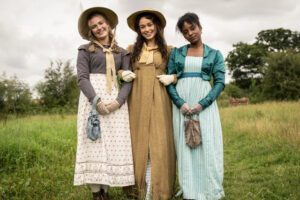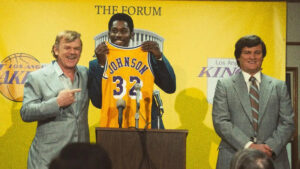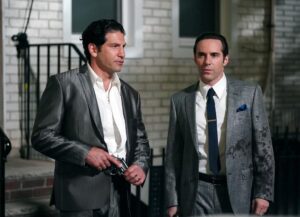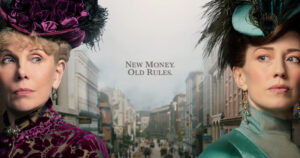I spend much time writing bad reviews and not enough writing positive blogs about the shows I watch. Today is a joy because I get to discuss the magnificent Magpie Murders. Don’t call it The Magpie Murders. It’s important, so get it right.
Magpie Murders is a television mystery series on PBS Masterpiece and based on a novel of the same name by Anthony Horowitz. The mysteries are finding out who murdered the man writing the Magpie Murders murder mystery and how the book itself ends. A mystery of a mystery. Let’s get on with the review.
A Complex Story
The story of Magpie Murders is relatively simple but incredibly complex from a writing perspective. There are really two mysteries going on at the same time with two completely different sets of characters. First is the death of murder mystery writer Alan Conway and second is the missing last chapter of his latest book, Magpie Murders.
The two mysteries run side by side with fictional Atticus Pund attempting to solve the fictional case while very real literary editor Susan Ryeland tries to solve the former. I can only begin to express my admiration for this dual storytelling and the aplomb with which it is achieved. Telling one story is difficult enough but switching back and forth between two mysteries, one a fictional account from the victim of the second, is a recipe for complete confusion and disaster.
It all comes together thanks to the wonderful acting, directing, writing, set-design, camera work, and everything else involved in a production of this nature.
Who Dunnit?
The essence of a mystery is trying to figure out who committed the crime, or crimes in this case. One of the most important things in a mystery, from my perspective, is making sure the author doesn’t cheat us. The clues must be available and, although we don’t usually solve it, when revealed we should nod our heads and say, yep, that makes sense.
In both cases the solution fits the crime and clues were available to us. There is a little montage during great reveals showing us various flashbacks, which is a nice touch considering the two different stories did tend to blend together in my mind. Normally I don’t need quite as much prompting from a show but I think this story merited the review.
There’s even some anagram wordplay, which I find to be badly overused these days, but it’s important to the story and works in this case.
The Acting
Excellent acting all the way around. From the main character to the bit players. I believed everyone in the story from beginning to end and special mention to Tim McMullin as Atticus Pund who traverses both realities, the fictional mystery and the real-world crime, with amazing compassion and serenity.
Many of the actors played dual roles, being one character in the scenes depicting events from the novel and a second in the world of Susan Ryeland and Alan Conway. Despite being the same actor they all manage to differentiate their characters easily and understandably to the audience. Outstanding work.
The Sets
The sets, as is often the case in English drama, are fantastic. I’m going to make one comparison here because the second season of Miss Scarlet runs right before Magpie Murders on PBS. If you read my review of Miss Scarlet, you’ll know my thoughts on that subject so I’m not going too in depth.
Signage. The signs on the establishments in the world of Magpie Murders look real, believable, you barely even notice them. From modern signs in the world of Susan Ryeland to mid twentieth century signs in the fictional realm. The signs in Miss Scarlet look slap-dash and out of place. It’s little things like this that make a difference. The people in charge of Magpie Murders care and it shows.
Cinematography
We see lavish, modern mansion, squalid groundskeeper’s shacks, wide vistas, modern London, and more. The camera moves from disparate scenes with ease and this is no easy task. Shooting indoors and outdoors, so many sets, it’s not easy to make all that work but it does and it does so beautifully.
Conclusion
If you like a good mystery, I can’t recommend Magpie Murders enough. There’s hardly a wrong note in the entire six episodes. Bravo.
Tom Liberman

